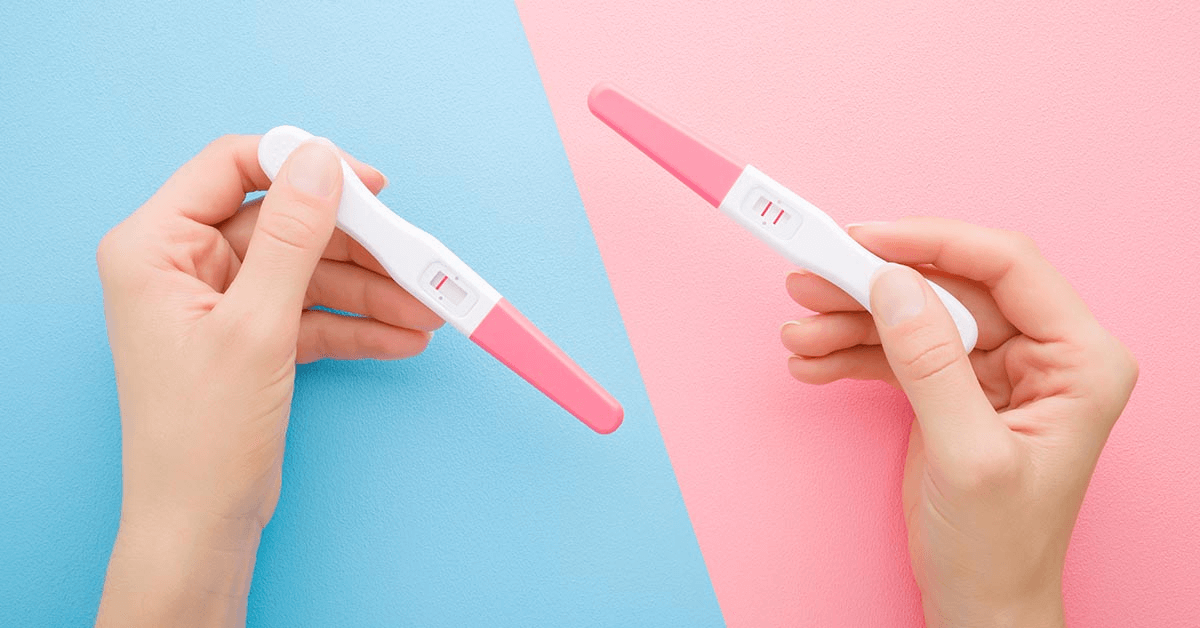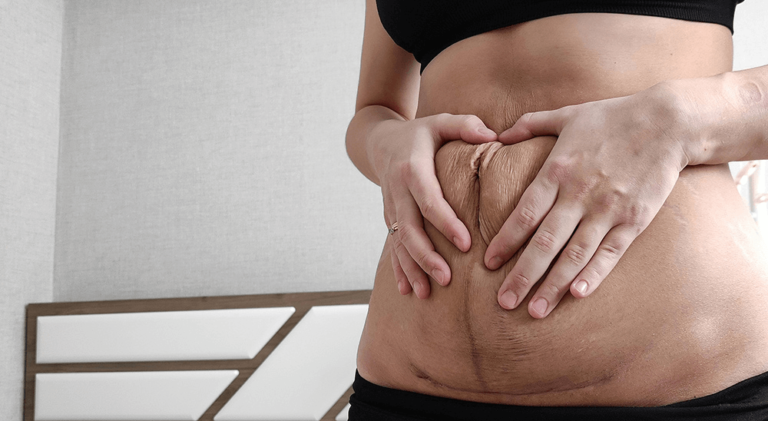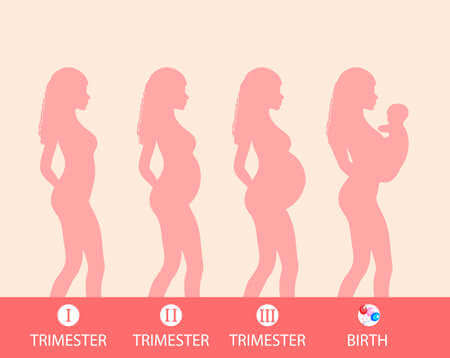Signs You’re Pregnant Before a Test

Pregnancy tests are the go-to method for confirming pregnancy, but many women begin to notice early signs and symptoms even before taking a test. These subtle changes can be your body’s way of signaling that you’re expecting. If you’re wondering whether you might be pregnant, keep an eye out for these early signs before reaching for a test.
In this article, we’ll explore some of the most common pregnancy symptoms that can appear early on. Plus, we’ll link to helpful resources for managing the challenges of early pregnancy, such as first trimester survival tips and food aversions during pregnancy.
1. Missed Period
One of the most obvious and well-known signs of pregnancy is a missed period. If your menstrual cycle is regular and you miss a period, it may be a strong indicator that you’re pregnant. However, some women may experience lighter bleeding or spotting, known as implantation bleeding, around the time their period is due. This can be confusing, but it’s often a sign that the embryo has implanted into the uterine lining.
2. Nausea and Morning Sickness
Nausea, with or without vomiting, can start as early as two weeks into pregnancy. Often referred to as “morning sickness,” this discomfort can actually occur at any time of day. This is one of the hallmark symptoms of early pregnancy, and it is caused by rising levels of the hormone hCG. For more detailed information on how hormones impact appetite and food preferences, take a look at our article on food aversions and appetite changes during pregnancy.
3. Fatigue and Tiredness
Feeling more tired than usual? Extreme fatigue is one of the earliest signs of pregnancy. Your body is working hard to support the development of the embryo, and rising progesterone levels can make you feel exhausted. If you find yourself needing more rest than usual, it could be an early sign of pregnancy.
4. Sore or Tender Breasts
Many women experience changes in their breasts as one of the earliest signs of pregnancy. Your breasts may feel swollen, tender, or sore due to hormonal changes that start soon after conception. Your nipples might also darken and become more sensitive as your body prepares for breastfeeding.
5. Frequent Urination
Increased trips to the bathroom can be one of the earliest indicators of pregnancy. As the embryo implants and your body starts producing more hCG, blood flow to the kidneys increases, causing you to urinate more often. This symptom can show up within a few weeks of conception, even before you miss your period.
6. Food Aversions or Cravings
Changes in your appetite, including sudden food cravings or aversions, can be one of the earliest signs of pregnancy. Foods that you once loved might now make you feel nauseous, and you may develop strong cravings for unusual or specific foods. If you’re experiencing food aversions, this may be linked to hormonal shifts in early pregnancy. Learn more about food aversions during pregnancy and how they can affect your appetite.
7. Mood Swings
Hormonal fluctuations during early pregnancy can lead to mood swings and heightened emotions. You may feel happy one moment and irritable the next. These mood changes are normal and are similar to the emotional changes experienced before a period. If you’re feeling unusually emotional or irritable, it could be an early sign of pregnancy.
8. Bloating and Cramps
Bloating and mild cramping, similar to what you might experience before your period, are common early signs of pregnancy. These symptoms are caused by increased progesterone levels, which slow down digestion and cause bloating. Additionally, implantation of the embryo into the uterine lining can cause mild cramping.
9. Elevated Basal Body Temperature
Tracking your basal body temperature (BBT) can provide clues about pregnancy before taking a test. If you’ve been tracking your BBT and notice that it remains elevated for 18 days or more after ovulation, it could be a sign that you’re pregnant.
10. Sensitivity to Smells
Many women report a heightened sense of smell as one of the first signs of pregnancy. Scents that never bothered you before may suddenly seem overwhelming or even trigger nausea. This sensitivity is likely linked to the rise in estrogen during early pregnancy.
What to Do if You Suspect You’re Pregnant
If you’re experiencing one or more of these early signs and suspect you might be pregnant, the best next step is to take a home pregnancy test. Most tests are accurate around the time of a missed period, but some more sensitive tests can detect pregnancy earlier.
How to Manage Early Pregnancy Symptoms
Dealing with early pregnancy symptoms can be challenging, especially if you’re feeling tired, nauseous, or emotionally drained. Be sure to take care of yourself by eating balanced meals, getting plenty of rest, and staying hydrated. For more tips on managing the challenges of early pregnancy, explore our comprehensive guide on first trimester survival tips.
Conclusion: Trust Your Body’s Signals
While pregnancy tests are the most reliable way to confirm pregnancy, your body often provides subtle signals before you ever take a test. Symptoms like fatigue, nausea, tender breasts, and food aversions are common early signs of pregnancy. Paying attention to these changes can help you recognize that you may be expecting even before a test can confirm it.
Remember that each pregnancy is unique, and not all women experience the same symptoms. If you’re unsure, the best way to know for certain is to take a home pregnancy test and consult with your healthcare provider for further confirmation and guidance.






